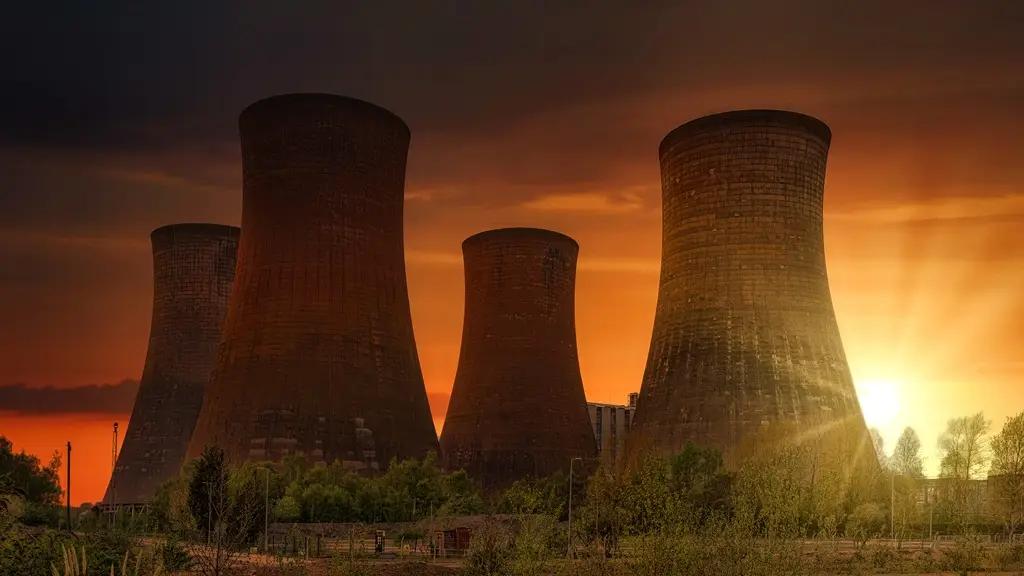Published
07/31/2025, 09:15The supply of clean drinking water is not just a matter of convenience, but a key element of national security. This was stated by expert Kubat Rakhimov in a video interview with Akchabar, emphasizing that for a growing metropolis such as Bishkek, water supply requires a systematic approach. Despite the seemingly favorable climate, even such cities face the threat of shortages and infrastructure wear and tear.
The expert calls water an infrastructure commodity. Like electricity or heat, it requires strict accounting, a well-thought-out tariff policy, and modern operating standards. According to him, Bishkek still uses a generalized consumption model: purified, disinfected, and expensive water is used everywhere—for drinking, irrigation, technical needs, and even for washing cars. This is irrational and economically unsustainable.
The city urgently needs to introduce a water flow separation system, in particular, to use so-called “grey water” — technical water that can be used without additional treatment, for example, for irrigation or sewage. However, there is no such system in Bishkek yet, and water consumption remains unregulated.
One of the most pressing problems remains the lack of full installation of meters, especially in the residential sector. The expert emphasizes that until there is 100% coverage of water consumption metering in the city, it is impossible to talk about differentiated tariffs. He compares water to other utilities—if we can measure electricity and heat, then we must learn to measure water. This is the only way to develop a culture of conscious consumption at the household level.
Kubat Rakhimov pays particular attention to the construction sector. According to him, developers who announce the construction of luxury housing practically do not take into account the issue of water treatment and filtration. Although in many countries around the world, the installation of water purification systems at the level of a house or entrance hall has already become standard. He calls this neglect an omission that must be eliminated at the state level. New housing should be designed with the mandatory installation of modern metering and treatment systems, and the existing housing stock should be gradually modernized, especially during major repairs.
Rakhimov also touched on the bottled water market, noting that it is largely driven by a lack of confidence in the quality of tap water. At the same time, in a number of countries, including airports and public buildings, consumers are offered clean water free of charge at the expense of the facility operators themselves. In his opinion, this should become a benchmark for Kyrgyzstan.
In conclusion, the expert noted that the water supply industry should be profitable overall. If tariffs do not cover production costs, other forms of financing should be sought: creating funds, introducing subsidies for socially vulnerable groups, but at the same time building a system in which water, as an infrastructure commodity, will be regulated and evaluated according to market principles.


